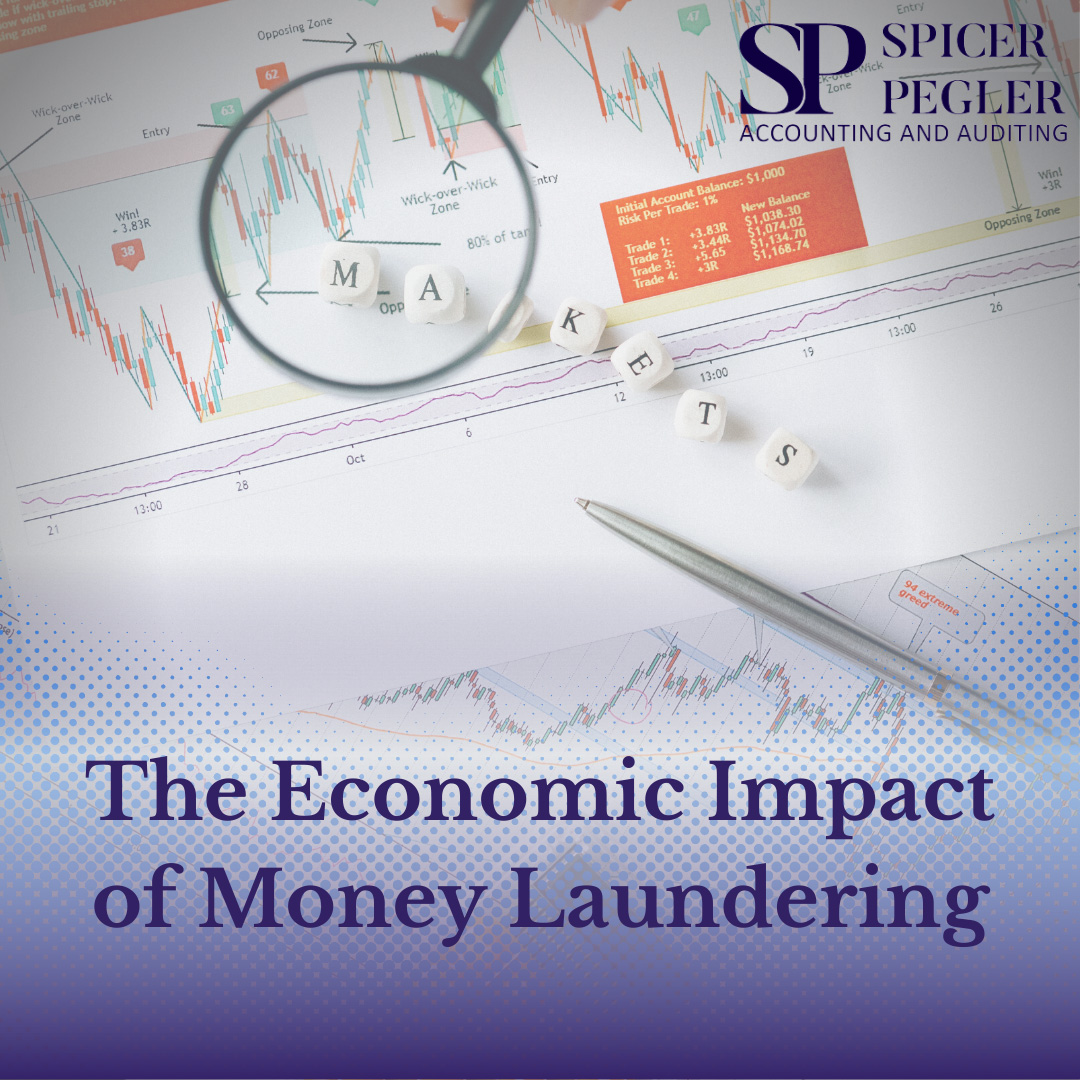Impact of Money Laundering in Economy
The Economic Impact of Money Laundering
Money laundering is a major financial crime that can have significant impacts on the economy of a country, including the UAE. Money laundering occurs when individuals or organizations attempt to conceal the illegal origins of their money by making it appear to have come from legitimate sources. This activity can have a range of negative effects on the economy and the wider society.
One of the primary economic impacts of money laundering is that it distorts the economy. This happens because illegal money is injected into the system, making it difficult to distinguish between legitimate and illegitimate income. This, in turn, can lead to unfair competition, as legitimate businesses may not be able to compete with those that launder money. Furthermore, money laundering can result in the concentration of wealth in the hands of criminal organizations, which can lead to further economic distortions and inequality.
Another major impact of money laundering is damage to a country’s reputation. Money laundering can create the impression that a country is not serious about combating financial crime, which can harm its reputation as an attractive destination for foreign investment. This can lead to a decrease in foreign investment and a slowdown in economic growth. In addition, money laundering can make it more difficult for countries to enter into international trade agreements, as other countries may be reluctant to trade with countries that are seen as having a high risk of financial crime.
Money laundering can also result in the loss of government revenue. This happens because money laundering often involves tax evasion and other financial crimes, which can reduce the amount of money that the government collects in taxes. This, in turn, can negatively impact the government’s ability to fund essential public services and infrastructure. For example, if tax revenues are reduced, it may be more difficult for governments to invest in education, healthcare, and other critical services.
Moreover, money laundering creates the need for increased regulation and enforcement, which can be costly for both the government and businesses. This is because money laundering is a complex and sophisticated crime that requires significant resources to investigate and prosecute. As a result, governments often need to increase their regulatory efforts to combat money laundering, which can involve significant costs for both the government and businesses. These costs can include hiring additional staff, implementing new regulations, and conducting investigations into suspected money laundering activity.
Finally, money laundering can pose a risk to financial stability. This happens because money laundering often involves fraud, corruption, and other financial crimes that can destabilize financial systems. For example, if a large-scale money laundering scheme is uncovered, it can cause panic among investors, leading to a run-on banks and other financial institutions. This can lead to a collapse of the financial system and have far-reaching consequences for the wider economy.
In conclusion, money laundering is a serious financial crime that can have significant impacts on the economy and society. These impacts include distorting the economy, damaging a country’s reputation, reducing government revenue, increasing regulatory costs, and posing a risk to financial stability. Therefore, it is important for governments, financial institutions, and businesses to take steps to prevent and combat money laundering to safeguard the integrity of the financial system and promote sustainable economic growth.



